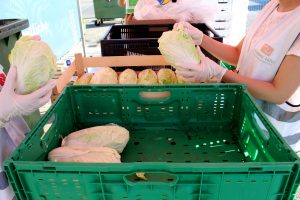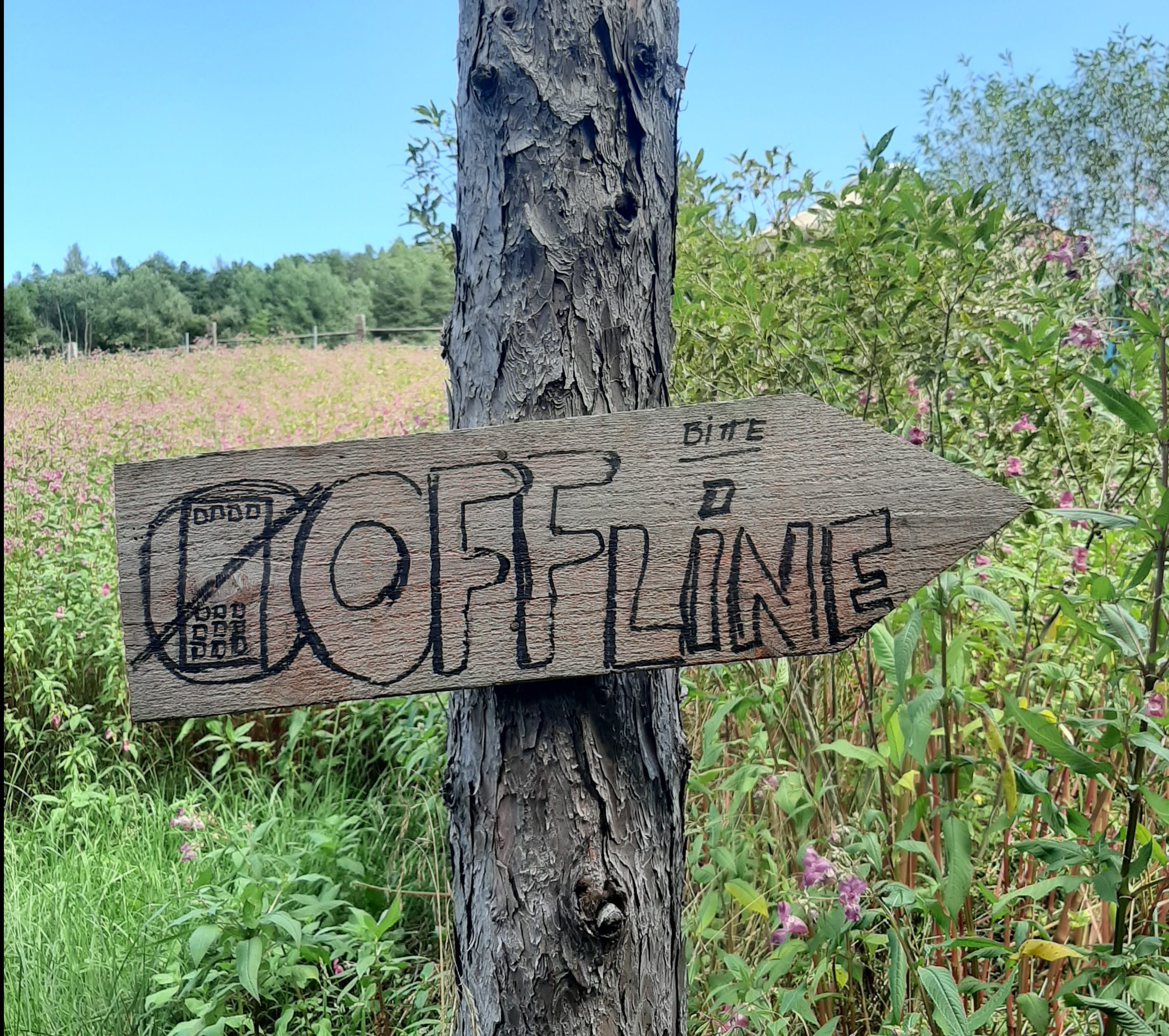By: Annalise Cajic
Read as I work alongside Ezgi and Marina, fellow AIESEC Global Volunteers participating in the Mahlzeit Austria project. Spending their days working with Wiener Tafel, I joined them on the job to discover more about what the non-profit does and how they are reducing food waste.
Working at the market
If you don’t yet know, the AIESEC’s Mahlzeit Austria project aims to promote responsible consumption and production (SDG 12). That’s when Wiener Tafel enters the chat.
Monday to Friday, Wiener Tafel receives, sorts and distributes food that would otherwise be thrown away. To reduce food waste, they collect unwanted food from supermarkets and restaurants. This is where Ezgi and Marina’s job comes into play. Volunteers separate the good, fresh product, from that which has passed its prime. The food is then pick up by partners who put the food to use, instead of letting it go to waste. Charities often use food provided by Wiener Tafel to feed those in need.
On a bright and sunny Friday day, work has already begun when we arrive at 8:00 that morning. I noticed (and appreciated) the relaxed atmosphere and friendliness of the other volunteers. Sipping coffee, I introduced myself and we talked. Well, tried, because I don’t speak German and nearly all the volunteer don’t speak English. Still, we tried. I’ve gotten pretty good at using hand gestures in replacement of German during my 6 weeks in Vienna!
We then went outside to start working. Today, a large quantities of lettuce, zucchinis, onions, potatoes and carrots arrived. We spent the rest of the day sorting the produce.
It was surprising to me how much of the produce was perfectly edible. While a supermarket may deem these heads of lettuce not good enough to sell, we simply had to peel off a layer of leaves and what was underneath was good as new. It’s little surprise then that according to EuroCommerce, the EU wastes approximately 88 million tonnes of food each year. That doesn’t sound like responsible consumption to me, and if we want to save resources and the planet, this number must be reduced.
Teamwork makes all the difference
The variety of people volunteering for Wiener Tafel gave me another view of our fight to reduce food waste. Our group not only consisted of AIESEC volunteers, but of people from all walks of life. I met young woman from Iran with an Master’s degree in accounting. She volunteers at Wiener Tafel once a week. The man with which I picked up some leftover baked goods at Dunkin’ Donuts (a highlight of the day, naturally), told me he was ashamed that a wealthy country like Austria would allow so much food go to waste. He says he volunteers to help change that.
Together, we were a dynamic group working for towards common cause. And we became friends in the process, so it was a successful and fulfilling day if you ask me!
Small acts can make a change
Whether big or small, you can make a difference too. Whether big or small, your efforts to reduce food waste can help reduce climate change in a time of crisis. At home, you can do so by using leftovers and eating food before it’s too late.
If you want to volunteer at Wiener Tafel, click here for their contact information.





